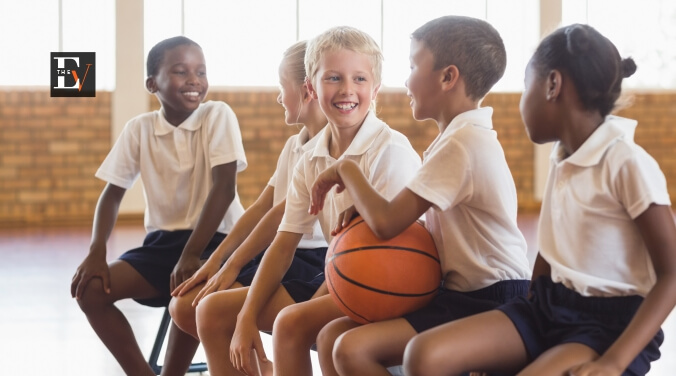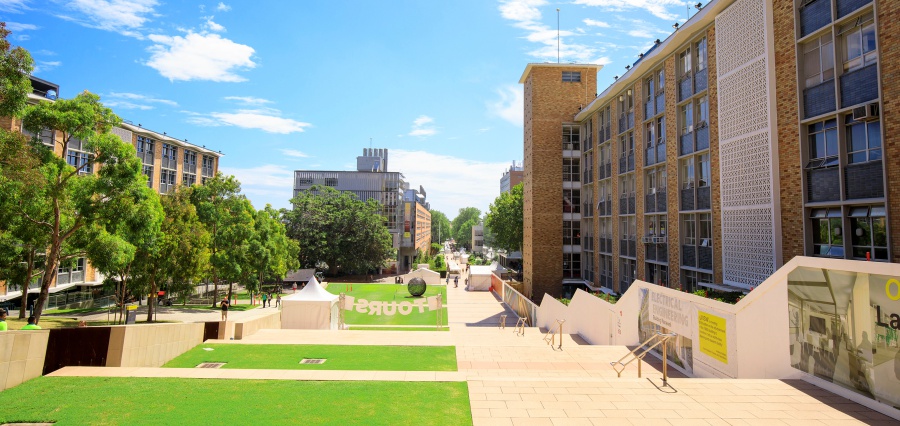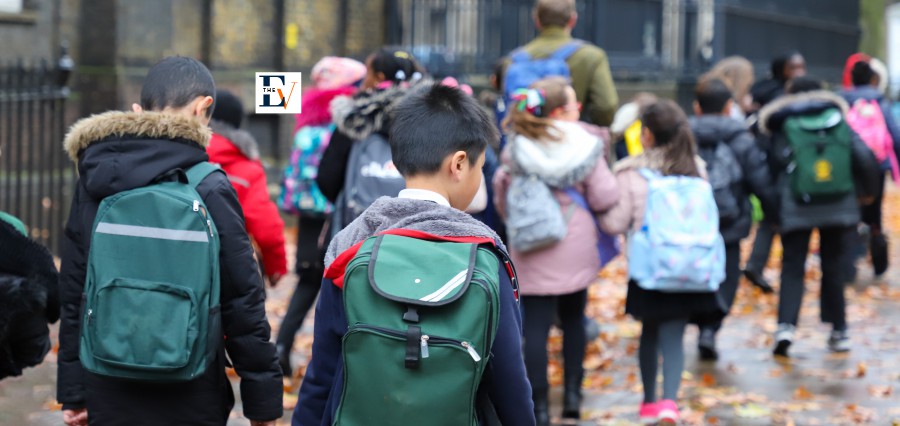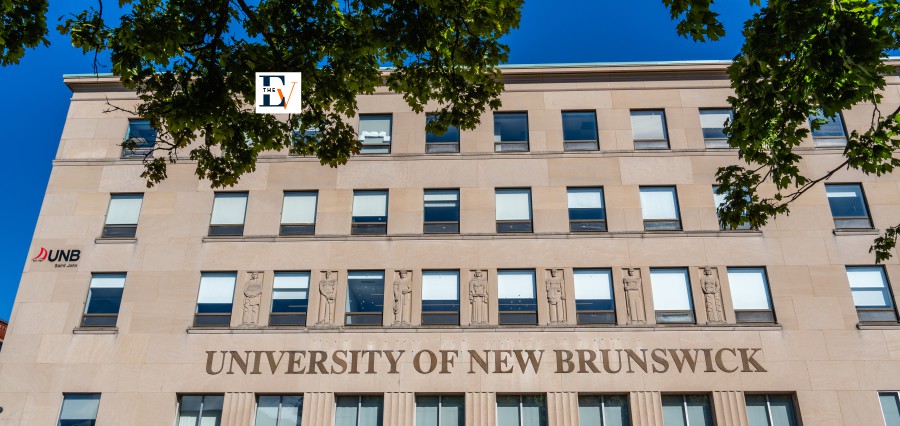Empowering Youth Through Holistic Initiatives
Physical Education in Spain plays a pivotal role in shaping the holistic development of students. In an era where academic excellence often overshadows other essential aspects of student growth, integrating sports and physical education into the curriculum is vital for fostering student development. By emphasizing physical health, teamwork, discipline, and resilience, sports and physical education contribute significantly to the overall well-being and personal growth of young individuals.
The correlation between sports, physical education and student development is profound. Engaging in physical activities improves physical fitness while also enhancing cognitive abilities, emotional stability and social skills. In Spain, where a rich tradition of sports like football, basketball and tennis prevails, schools have the unique opportunity to leverage this cultural enthusiasm to benefit students’ development. Through structured physical education programs and extracurricular sports activities, educators can cultivate a balanced environment that nurtures both the mind and body of students.
Join in to understand the multifaceted impact of sports and physical education on student development in Spain. It explores how various initiatives and programs are designed to empower youth, ensuring they grow into well-rounded individuals capable of facing future challenges.
The Role of Physical Education in Student Development
Enhancing Physical Health
Physical education is fundamental in promoting a healthy lifestyle among students. Regular participation in physical activities helps prevent obesity, improves cardiovascular health and strengthens muscles and bones. In Spain, schools incorporate diverse sports and exercises into their physical education curriculum, encouraging students to stay active and develop lifelong healthy habits. The benefits of such initiatives extend beyond physical health, as they also foster student development by instilling discipline and time-management skills.
Boosting Cognitive Abilities
Studies have shown a positive correlation between physical activity and cognitive function. Engaging in sports and physical exercises increases blood flow to the brain, enhancing concentration, memory and overall academic performance. In Spain, integrating physical education into the school day is seen as a strategic approach to boost cognitive development. By balancing academic and physical activities, educators can create an environment conducive to comprehensive learning and fostering student development.
Promoting Emotional Well-being
Physical education is instrumental in managing stress and anxiety among students. Regular physical activity releases endorphins, which act as natural mood lifters. In Spain, where academic pressures can be intense, physical education provides a much-needed outlet for students to release tension and rejuvenate their minds. Moreover, participating in team sports fosters a sense of belonging and camaraderie, contributing to emotional stability and resilience, essential components of fostering student development.
Cultivating Social Skills and Teamwork
Building Interpersonal Relationships
Sports and physical education offer numerous opportunities for students to interact, collaborate and build lasting friendships. Team sports, in particular, teach valuable social skills such as communication, cooperation and conflict resolution. In Spain, schools emphasize team sports to promote inclusivity and social integration among students from diverse backgrounds. These interactions are crucial for fostering student development, as they prepare young individuals to navigate social dynamics in various aspects of life.
Encouraging Leadership and Responsibility
Physical education programs often involve leadership roles, such as team captains or peer coaches, which help students develop a sense of responsibility and leadership skills. In Spain, schools encourage students to take on these roles, providing them with opportunities to lead by example and make decisions that impact their peers. This aspect of physical education is vital for fostering student development, as it cultivates confidence, accountability and the ability to inspire others.
Holistic Initiatives in Spanish Schools
Integrating Physical Education into the Curriculum
Spanish schools have made significant strides in integrating physical education into their curricula. The government mandates a minimum number of hours dedicated to physical education each week, ensuring that students receive consistent and structured physical activity. This approach addresses physical health and emphasizes the importance of fostering student development through a balanced educational experience.
Extracurricular Sports Programs
Beyond the standard curriculum, many Spanish schools offer extracurricular sports programs that cater to various interests and skill levels. These programs provide additional opportunities for students to engage in physical activities, hone their skills and compete in local, regional and national events. Extracurricular sports programs are instrumental in fostering student development, as they encourage students to pursue their passions, set goals and work diligently to achieve them.
Community and Parental Involvement
Engaging the Community
Community involvement is a cornerstone of successful physical education programs in Spain. Schools collaborate with local sports clubs, organizations and community centers to provide students with access to quality facilities, coaching and resources. This partnership between schools and the community enhances the overall impact of physical education, fostering student development by creating a supportive network that extends beyond the school environment.
Encouraging Parental Support
Parental involvement is crucial in reinforcing the importance of physical education and sports in students’ lives. Spanish schools actively engage parents through workshops, meetings and events that highlight the benefits of physical activity for their children’s development. By fostering a collaborative relationship between schools and families, educators can ensure that the values and habits cultivated in physical education classes are supported and encouraged at home, further fostering student development.
Overcoming Challenges in Physical Education
Addressing Inequality and Accessibility
Despite the numerous benefits of physical education, challenges such as inequality and accessibility persist. In some regions of Spain, schools may lack the necessary resources and facilities to provide comprehensive physical education programs. Addressing these disparities is essential for fostering student development across all demographics. Initiatives aimed at providing equal access to sports and physical education can help bridge the gap and ensure that all students benefit from these programs.
Adapting to Modern Lifestyles
The rise of digital technology and sedentary lifestyles poses a significant challenge to physical education. In Spain, educators are increasingly incorporating technology into physical education programs to make them more engaging and relevant to today’s students.
Using fitness apps, virtual coaching and interactive games, schools are finding innovative ways to integrate physical activity into students’ daily routines, thereby fostering student development in a modern context.
Closing Remarks
Physical education in Spain is integral to fostering student development. By enhancing physical health, cognitive abilities, emotional well-being, and social skills, sports and physical education contribute to the holistic growth of students. The concerted efforts of schools, communities and parents play a crucial role in empowering youth through these initiatives.
Future aspects of fostering student development through sports and physical education in Spain include the continuous adaptation of programs to meet the evolving needs of students and the persistent effort to address inequalities in access and resources. By maintaining a focus on holistic development, Spain can ensure that its youth are well-equipped to thrive in all aspects of life.






